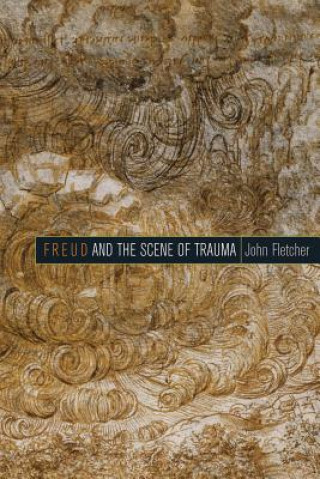
Kód: 02555581
Freud and the Scene of Trauma
Autor John Fletcher
This book is a study of the central role of trauma in Freud's thought and practice. It argues that it is Freud's mapping of trauma as a scene, the elaboration of a scenography of trauma, that is central to both his clinical interp ... celý popis
- Jazyk:
 Angličtina
Angličtina - Väzba: Pevná
- Počet strán: 336
Nakladateľ: Fordham University Press, 2013
- Viac informácií o knihe

148.25 €

Skladom u dodávateľa v malom množstve
Odosielame za 10 - 14 dní
Potrebujete viac kusov?Ak máte záujem o viac kusov, preverte, prosím, najprv dostupnosť titulu na našej zákazníckej podpore.
Pridať medzi želanie
Mohlo by sa vám tiež páčiť
-
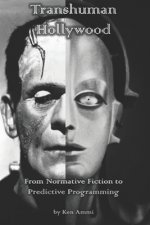
Transhuman Hollywood
25.38 € -
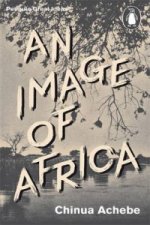
Image of Africa
7.86 € -22 % -
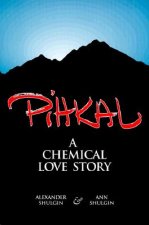
Pihkal
28.13 € -16 % -
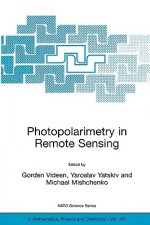
Photopolarimetry in Remote Sensing
407.25 € -
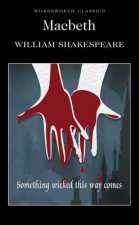
Macbeth
4.63 € -23 % -

NEW SUPER MARIO BROS WII EASY PIANO
17.03 € -

Attachment in Group Psychotherapy
62.92 € -10 % -
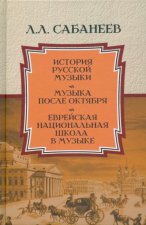
History of the Indian Archipelago, Vol. II
36.70 € -4 % -

Essays on the Self
18.95 € -5 % -

Pigtail Polly and Hippocket Harry Meet Danger
10.48 € -

Introduction to Artificial Intelligence
125.15 € -

Look and Learn: In My Garden
8.87 € -5 % -

Night Of The Dragon
10.38 € -10 % -

Superspelling Games 6 Plus
7.25 € -

What Terrorists Want
21.88 € -
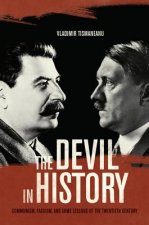
Devil in History
41.34 € -
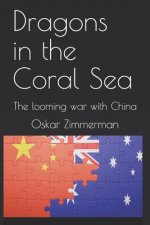
Dragons in the Coral Sea: The looming war with China
17.74 € -

Natural Law Liberalism
44.06 € -

Gift
13.40 € -19 % -

My First 500 Korean Words
47.70 € -

Bakemonogatari (manga), Volume 1
11.69 € -18 % -

Malware Detection
408.46 € -

Interactive Vocabulary
65.24 € -

Digital Landscape Architecture Now
60.81 € -4 % -

Pop-up Sleeping Beauty
13.10 € -23 % -
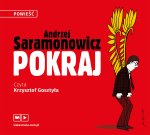
Pokraj
8.36 € -18 % -
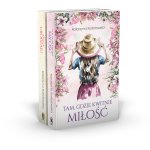
ROD Morele Księga urodzaju / Tam, gdzie kwitnie miłość
10.48 € -18 % -
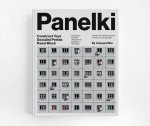
Panelki
31.15 € -

Hriech náš každodenný
14.01 € -12 % -

Judo
21.07 € -

Tajemství uzdravení z nemoci a překonání neštěstí 1.díl
17.54 € -22 % -
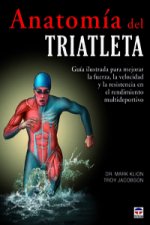
Anatomía del triatleta
31.56 € -
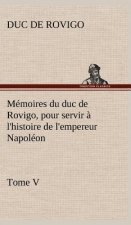
Memoires du duc de Rovigo, pour servir a l'histoire de l'empereur Napoleon Tome V
52.64 € -

Berliner Platz NEU
26.11 € -4 % -
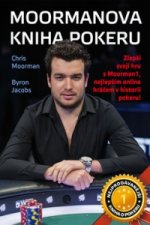
Moormanova kniha pokeru
3.42 € -13 %
Darčekový poukaz: Radosť zaručená
- Darujte poukaz v ľubovoľnej hodnote, a my sa postaráme o zvyšok.
- Poukaz sa vzťahuje na všetky produkty v našej ponuke.
- Elektronický poukaz si vytlačíte z e-mailu a môžete ho ihneď darovať.
- Platnosť poukazu je 12 mesiacov od dátumu vystavenia.
Viac informácií o knihe Freud and the Scene of Trauma
Nákupom získate 372 bodov
 Anotácia knihy
Anotácia knihy
This book is a study of the central role of trauma in Freud's thought and practice. It argues that it is Freud's mapping of trauma as a scene, the elaboration of a scenography of trauma, that is central to both his clinical interpretation of his patients' symptoms and his construction of successive theoretical models and concepts to explain the power of such scenes in his patients' lives. This attention to the scenic form of trauma, and its power in the determination of symptoms, presides over Freud's break from the neurological model of trauma he inherited from Charcot. It also helps to explain the affinity that Freud and many since him have felt between psychoanalysis and literature (and artistic production more generally), and the privileged role of literature at certain turning points in the development of his thought. In both the moments of theoretical crisis and change in 1897 and 1919, Freud turns to literary texts that exemplify a repeated pattern of traumatic scenes and that dramatize precisely a traumatic scenography. He then submits his chosen texts to an Oedipal reading that marginalizes or excludes the traumatic repetition that characterizes them. Along with his study of Leonardo da Vinci, they constitute thought experiments in the imaginary space of literature and painting. When the chosen works of Sophocles, Shakespeare, Hoffmann and Da Vinci are read in the light of the tension verging on conflict in Freud's thought, between the other-centred model of trauma and a self-centred model of development, the insights of his abandoned 'traumatology' return to challenge and disturb his dominant developmentalist framework. Overall the book develops the thesis of Jean Laplanche that in this shift from a traumatic to a developmental model, along with the undoubted gains embodied in the theory of infantile sexuality, there were crucial losses: specifically, the recognition of the role of the adult other and the traumatic encounter with adult sexuality that is entailed in the ordinary nurture and formation of the infantile subject. It also argues that Freud's attention to the power of scenes- scenes of memory, scenes of fantasy- persists, along with the recurrent surfacing, at different moments of his thought, of key elements of the officially abandoned model of trauma.
 Parametre knihy
Parametre knihy
Zaradenie knihy Knihy po anglicky Society & social sciences Psychology Psychological theory & schools of thought
148.25 €
- Celý názov: Freud and the Scene of Trauma
- Autor: John Fletcher
- Jazyk:
 Angličtina
Angličtina - Väzba: Pevná
- Počet strán: 336
- EAN: 9780823254590
- ISBN: 0823254593
- ID: 02555581
- Nakladateľ: Fordham University Press
- Hmotnosť: 634 g
- Rozmery: 229 × 152 × 25 mm
- Dátum vydania: 02. December 2013
Obľúbené z iného súdka
-

The Empathy Game
25.51 € -1 % -
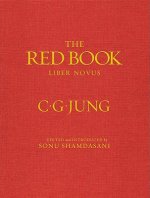
Red Book
240.74 € -16 % -
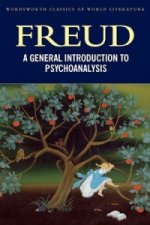
A General Introduction to Psychoanalysis
5.64 € -23 % -
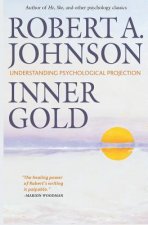
Inner Gold
21.88 € -
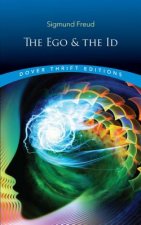
Ego and the Id
4.23 € -9 % -
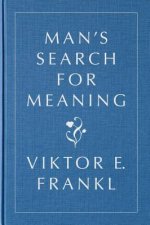
Man's Search for Meaning, Gift Edition
22.78 € -15 % -

Secret World of Drawings
20.56 € -23 % -
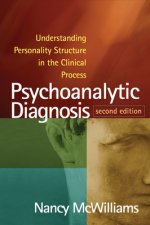
Psychoanalytic Diagnosis
57.38 € -
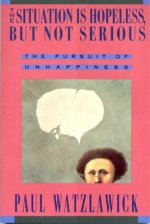
Situation Is Hopeless But Not Serious
16.83 € -2 % -
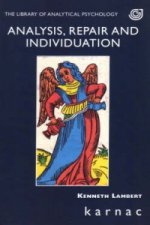
Analysis, Repair and Individuation
75.23 € -
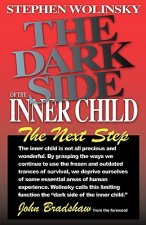
Dark Side of the Inner Child
24.70 € -10 % -
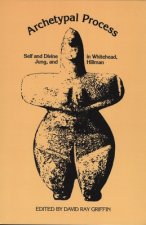
Archetypal Process
42.75 € -
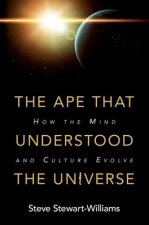
Ape that Understood the Universe
26.92 € -15 % -
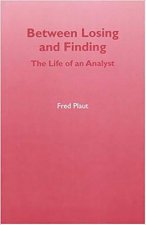
Between Losing and Finding
33.47 € -
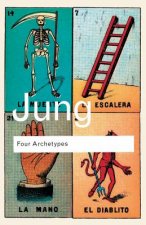
Four Archetypes
22.88 € -4 % -

Threshold Experiences
40.13 € -
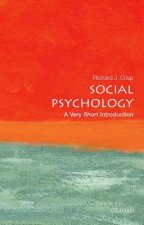
Social Psychology: A Very Short Introduction
11.69 € -17 % -
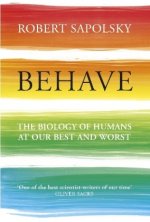
Behave
12.40 € -16 % -
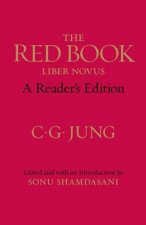
The Red Book – A Reader`s Edition
38.62 € -14 % -

Emotional Intelligence
10.38 € -11 % -
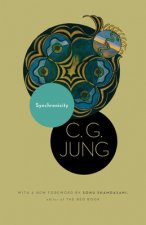
Synchronicity – An Acausal Connecting Principle
14.31 € -
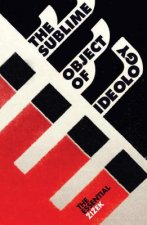
The Sublime Object of Ideology
17.94 € -6 % -
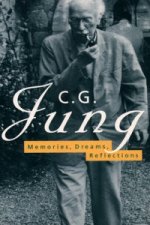
Memories, Dreams, Reflections
13.40 € -10 % -
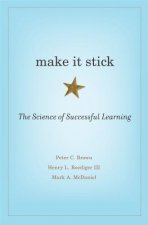
Make It Stick
33.98 € -1 % -
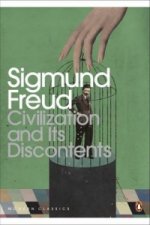
Civilization and Its Discontents
10.98 € -15 % -

Choice Factory
16.33 € -23 % -
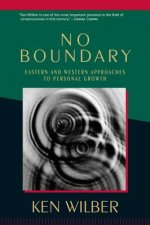
No Boundary
15.12 € -16 % -
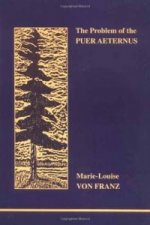
Problem of the Puer Aeternus
26.41 € -
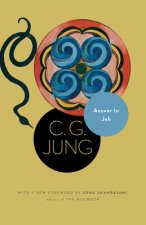
Answer to Job
9.27 € -16 % -
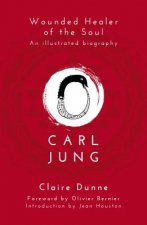
Carl Jung: Wounded Healer of the Soul
27.02 € -23 % -

Psychoanalyst Meets Marina Abramovic
20.16 € -
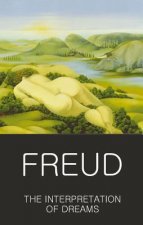
The Interpretation of Dreams
5.54 € -25 % -
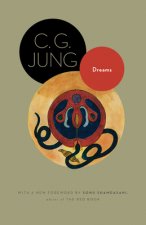
Dreams
22.08 € -4 % -
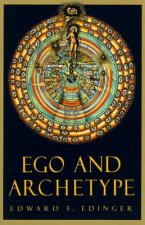
Ego and Archetype
23.19 € -14 % -
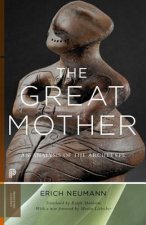
Great Mother
29.34 € -5 % -
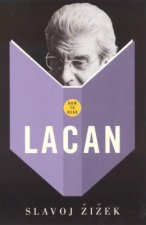
How To Read Lacan
12.09 € -23 % -
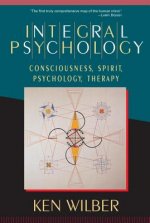
Integral Psychology
25.30 € -6 % -
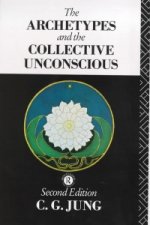
Archetypes and the Collective Unconscious
54.65 € -
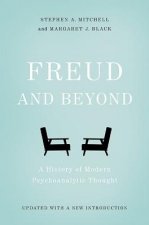
Freud and Beyond
23.79 € -

Home is Where We Start from
14.21 € -23 % -
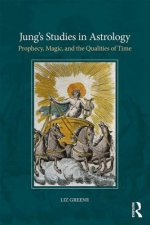
Jung's Studies in Astrology
51.83 € -
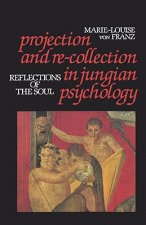
Projection and Re-collection in Jungian Psychology
32.06 € -1 % -

Dreams
19.56 € -11 % -
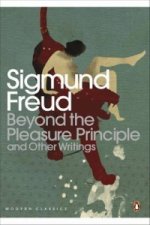
Beyond the Pleasure Principle
14.21 € -23 % -
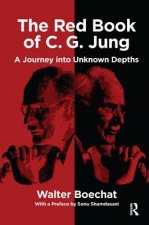
Red Book of C.G. Jung
41.54 € -
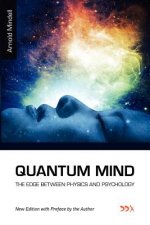
Quantum Mind
31.56 € -

Ecrits
32.47 € -8 % -
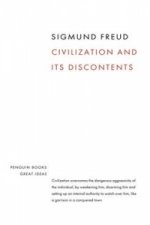
Civilization and its Discontents
7.35 € -13 % -
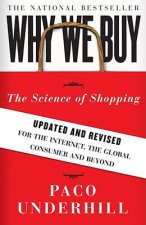
Why We Buy
16.93 € -19 %
Osobný odber Bratislava a 2642 dalších
Copyright ©2008-24 najlacnejsie-knihy.sk Všetky práva vyhradenéSúkromieCookies


 21 miliónov titulov
21 miliónov titulov Vrátenie do mesiaca
Vrátenie do mesiaca 02/210 210 99 (8-15.30h)
02/210 210 99 (8-15.30h)